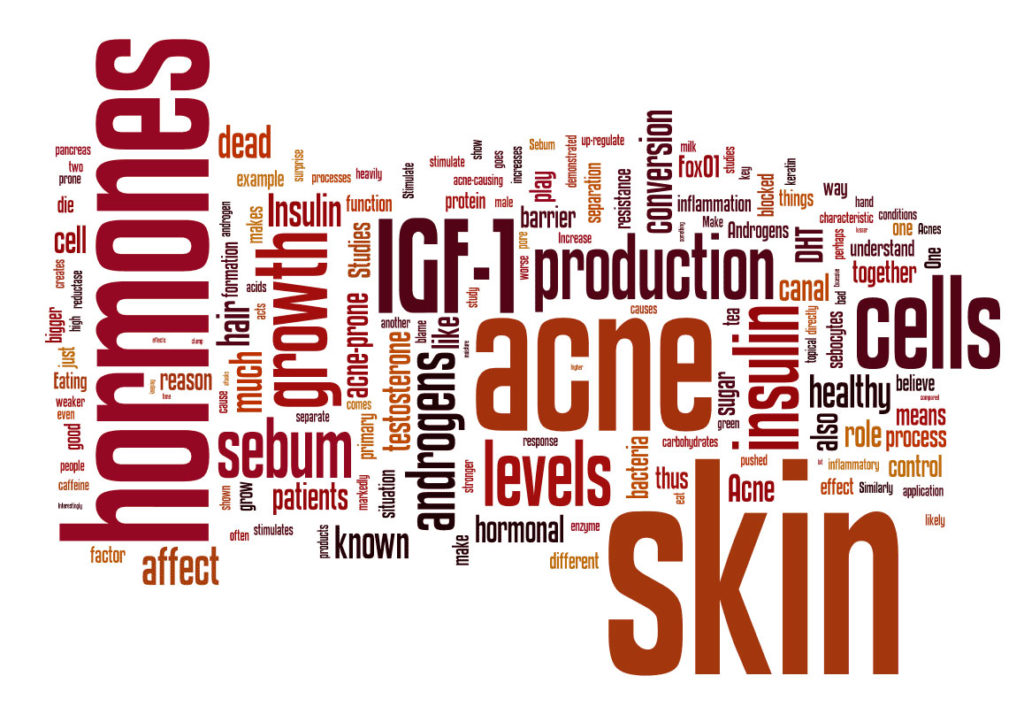Welcome, curious readers, to a journey of discovery into the mysterious realm of SIBO (Small Intestinal Bacterial Overgrowth). In this blog, we’ll dive deep into the intricacies of SIBO, uncovering why functional health practitioners emphasise additionally investigating the lower intestine. So, fasten your seatbelts and get ready to unravel the enigma of SIBO!
SIBO Unmasked
Imagine a bustling city within your gut, where bacteria reside and play vital roles in digestion. However, when an overgrowth of bacteria occurs in the small intestine, chaos ensues. This condition, known as SIBO, disrupts the delicate balance and causes a range of unpleasant symptoms.
The Lower Intestine’s Role
While SIBO affects the small intestine, functional health practitioners emphasise investigating the lower intestine as well. Why? The lower intestine, also known as the large intestine or colon, has a significant impact on overall gut health. It plays a crucial role in waste removal, water absorption, and the final stages of digestion.
Uncovering the Connection
To truly understand and address SIBO, it’s essential to explore the link between the small intestine and the lower intestine. Dysfunction in the lower intestine can contribute to SIBO by disrupting the natural flow of digestion and hindering the movement of waste. This, in turn, creates an environment conducive to bacterial overgrowth in the small intestine.
Functional Health Practitioners’ Approach
Functional health practitioners take a comprehensive approach to SIBO, recognising the importance of investigating both the small and lower intestines. By addressing potential dysfunctions in the lower intestine, such as impaired motility or an imbalanced microbiome, they aim to create an environment that discourages the growth of harmful bacteria in the small intestine.
The Investigative Journey
To investigate the lower intestine, functional health practitioners may employ various techniques, including comprehensive stool testing (We recommend the Complete Microbiome Mapping Profile), , including gut microbiome analysis, and assessment of digestive markers. These diagnostic tools allow them to identify imbalances, assess the health of the lower intestine, and develop targeted wellness programs for SIBO and the lower intestine. SIBO, a condition characterised by bacterial overgrowth in the small intestine, has intrigued functional health practitioners for its complex nature. By recognising the crucial role of the lower intestine in overall gut health, they delve deeper into the investigative process. By addressing dysfunctions in the lower intestine, they strive to create an optimal environment for gut balance and alleviate the concerns of SIBO. So, dear readers, let’s embark on this enlightening journey, unveiling the secrets of SIBO and the interconnectedness of the small and lower intestines for a healthier, happier gut.




